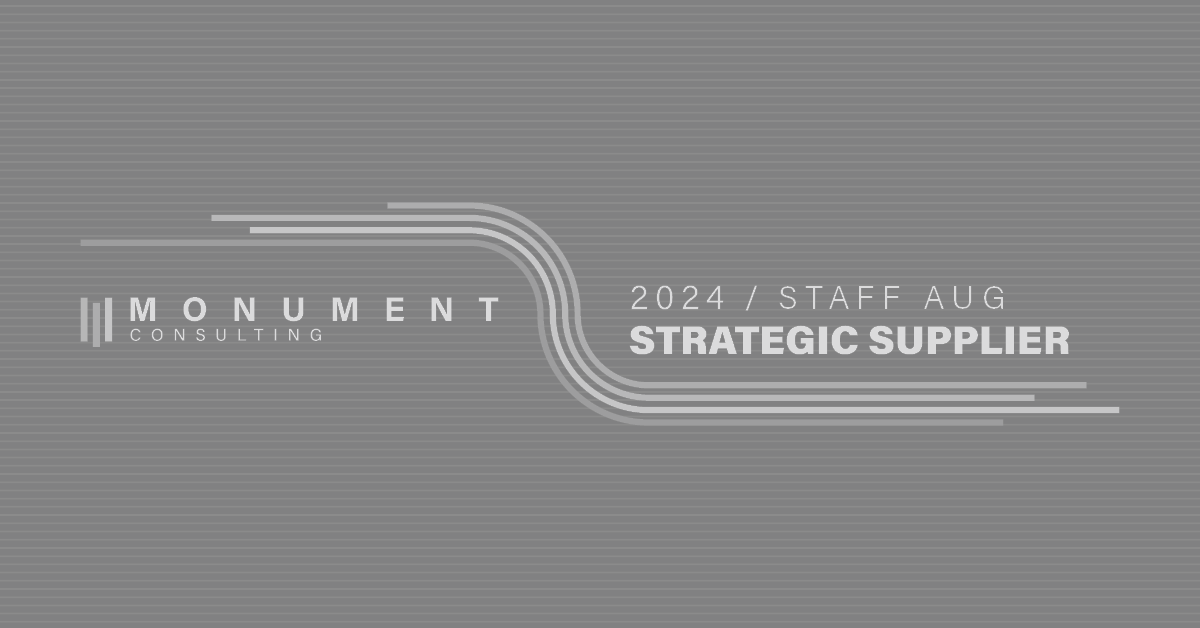Most people probably have said to themselves and others, at various points in their lives: “I want to be great!”, at being or doing something. Expressing that desire is good, but not great; put differently, wanting to be great is a necessary but insufficient step towards greatness. What steps are sufficient to achieve greatness? And are you willing to take the many thousands of steps required? Answering these questions will determine whether you have the discipline to identify, take, and sustain these steps as not just means to an end, but as habits that (if repeated and ingrained) will enable greatness. Wanting to take those steps and form those into such habits is good, but what you want doesn’t matter. What you’re willing to do, and sacrifice, to live habits that provide you the chance at greatness (because greatness is never guaranteed), does matter.
In the corporate world, as an executive or management team member, how do you nurture and model the habits that enable your employees to truly seek—not just want– and achieve greatness? At the end of the day, my job as Founder and CEO at Ursus is to provide my team (management and employees) what they need to take their own steps towards greatness. I don’t have to glow with greatness like a golden statue; it’s not about me. But I must create, build, and reinforce a corporate culture that gives them the opportunity to achieve greatness, and drive the success and prosperity of the (whole) enterprise in which we are all invested.
Early in my career, I was fortunate to have managers, coaches and mentors who instilled in me the importance of building a team or corporate culture that supported individuals’ and the enterprise’s success, rather than glorifying superstars and/or constricting individuals’ chances to be great. Sadly, in this day of “celebrity” founders who enjoy their own glow, the professional culture in which I was “raised” is becoming rarer, and more difficult to establish. Examples are readily available, but the well-publicized examples such as The WeWork debacle and the rash of incidents and issues at Uber are quintessential; in both cases, ostensibly financially successful companies were built solely on the ideals, ego and arrogance of their founders, at the expense of their employees. . The almost inevitable result is a culture that is nothing more than an echo chamber of one person’s opinion rather than the collective and shared expertise, experience and often wisdom of the employee base. And, equally inevitably, when the “magic” of the founders was tarnished or (in the case of WeWork) discovered as fraudulent, the companies’ performance and formerly glowing financials suffered. Ellen Pao’s excellent piece in the October 2018 issue of Wired Magazine “Tech Founders’ Absolute Power Is Destroying Company Culture,” examines this grim phenomenon in more detail. So, how do executives and their management teams avoid creating (or permitting) one of the glowing “bad” examples of corporate culture, described above, and create a culture that promotes individual and TEAM greatness that can scale over time?
At Ursus, especially in and because of our services business context, our leadership team coaches, promotes, and reinforces (deliberately and systemically) employees’ habits across the company that will enable the culture to grow as the company itself grows and scales. For example:
- Create, publish and refer back to a documented plan with specific steps towards achievement.
- Our growth plans are big, but we distill them all the way down to the little things, the daily if not hourly things required to achieve the larger enterprise goal(s) at the end of any given week, month, quarter or year.
- Specific, well-communicated strategies and tactics (our habits) are measured by our Key Performance Indicators (objective metrics) and are the substantive content of our plans (our enterprise-level Vision).
- Especially in small/startup companies, every employee should be able to clearly articulate the company’s processes and enterprise-level goals, and understand what his or her role is in achieving those goals. The employee’s personal goals must (in the aggregate) support the enterprise goals. This is a simple performance management concept, but more importantly, without a connection between personal and enterprise goals that individual employees can simply articulate and understand, the odds of company success decrease sharply.
- Communicate & Repeat…and then Communicate some more.
- To support our Vision, we talk about our tactics and our habits daily. After all, a habit that isn’t repeatable and actually repeated isn’t a habit. We publish metrics that support, celebrate or provide data for course correction daily. We carve out precious selling and recruiting time to train our team. We use our sourcing partners at LinkedIn, Indeed, Zip, Dice and JobDiva, as well as our clients and contractors who can share and reinforce what works for them when anyone from Ursus, as their partner, interacts with them.
- We never stop learning. Lebron James, arguably the best basketball player on the planet, practices free throws every day! Even though he’s shot millions of them, it’s his habit to continuously improve. If one change in the placement of his thumb improves his free throw percentage, and wins one critical game, why wouldn’t he want to learn and practice that? Similarly, if perhaps less dramatically, our best recruiters should work on improving their Boolean search strings; our best salespeople must work on their pitches or learn more about emerging technologies. We remind our team to continue to develop, stretch, grow and hone their habits.
- Each employee should wake up and say, “today I will be better than I was yesterday,” and know that company leadership will support and nurture that commitment to continuous learning and improvement. How do they know? Leadership communicates it — daily. Relentless learning is one of many habits that, if a company’s leadership supports it systemically, helps create a culture of good habits that permeates the organization.
- Constructive Coaching
- A good coach celebrates success and learns from failure; not just what the team did poorly, but how coaching contributed to the failure. Here in Silicon Valley, the dominant corporate culture celebrates glowing financials and deifies those who preside over overt monetary success. When you’re not “there” (for example, at a certain level of VC funding), if you’re not” making it,” by some Wall Street metric, some (even your peers) might deem you or your company a failure. This is “top-down” thinking, and while any business seeks growth and profits, I think that way of thinking is somewhat backwards (or upside down). If as company leaders you continuously do the little things right, such as modeling good habits, while you also take care of your people and set them up to succeed, financial success will follow.
- Constructive coaching means the opposite of a (too-common) startup culture that cuts throats in the event of any type of failure or mistake. Does a coach spend more time watching film of victories or defeats? I’d bet on the latter. Failure is not an indictment of who you are as a leader, or of your corporate culture. Failure prompts and enables learning (see above) and can reinforce good habits and a healthy corporate culture. Once you (all of you—leadership and employees) have survived some failures, then from a probability standpoint, you’re (all) more likely to be successful in the future. “Success is not final; Failure is not fatal. It is the courage to continue that counts.” – Winston Churchill
Corporate leaders should nurture and model a simple but powerful culture that connects personal, team, and enterprise goals, and rewards the habits that provide the support structure for those goals. These good habits will, over time, enable your company to leverage and overcome temporary failures, or small mistakes (and avoid big ones). But, for each employee, achieving greatness is a grind and a choice, or more accurately, a series of each employee’s choices to do what he or she must rather than what he or she wants. As executives and managers, you create the culture and communicate the Vision that enables each employee to pursue greatness, confident that their leadership supports their efforts.













